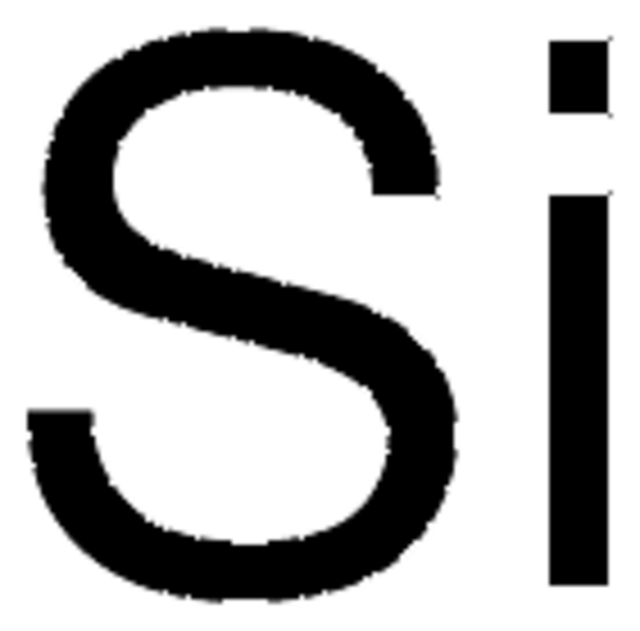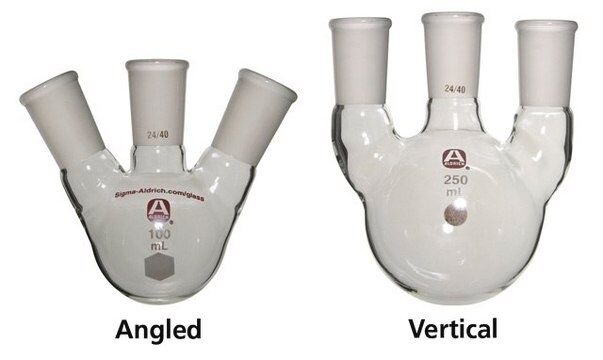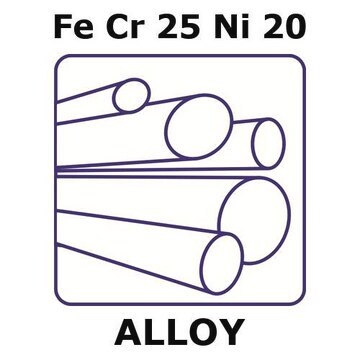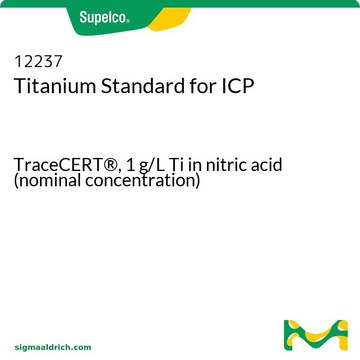Wszystkie zdjęcia(2)
Key Documents
GF16363391
Silicon
rod, 10mm, diameter 2.0mm, crystalline, 100%
Synonim(y):
Silicon, SI007905
Zaloguj sięWyświetlanie cen organizacyjnych i kontraktowych
About This Item
Wzór liniowy:
Si
Numer CAS:
Masa cząsteczkowa:
28.09
Numer MDL:
Kod UNSPSC:
12141911
Identyfikator substancji w PubChem:
NACRES:
NA.23
Polecane produkty
Próba
100%
Postać
rod
producent / nazwa handlowa
Goodfellow 163-633-91
dł. × śr.
10 mm × 2.0 mm
tw
2355 °C (lit.)
mp
1410 °C (lit.)
gęstość
2.33 g/mL at 25 °C (lit.)
ciąg SMILES
[Si]
InChI
1S/Si
Klucz InChI
XUIMIQQOPSSXEZ-UHFFFAOYSA-N
Szukasz podobnych produktów? Odwiedź Przewodnik dotyczący porównywania produktów
Opis ogólny
For updated SDS information please visit www.goodfellow.com.
Informacje prawne
Product of Goodfellow
This page may contain text that has been machine translated.
Wybierz jedną z najnowszych wersji:
Certyfikaty analizy (CoA)
Lot/Batch Number
Przepraszamy, ale COA dla tego produktu nie jest aktualnie dostępny online.
Proszę o kontakt, jeśli potrzebna jest pomoc Obsługa Klienta
Masz już ten produkt?
Dokumenty związane z niedawno zakupionymi produktami zostały zamieszczone w Bibliotece dokumentów.
Atteq ur Rehman et al.
TheScientificWorldJournal, 2013, 470347-470347 (2014-01-25)
The p-type crystalline silicon wafers have occupied most of the solar cell market today. However, modules made with n-type crystalline silicon wafers are actually the most efficient modules up to date. This is because the material properties offered by n-type
Dominique Collard
Frontiers in bioscience (Elite edition), 5, 955-965 (2013-06-12)
In modern life, technologies enabling detection of biological molecules at a low threshold, for health and ecological concerns, are in high demand. Directly interrogating the molecules is a promising direction to clarify the noisy response of conventional assays arising from
Jacob Raber et al.
Radiation research, 181(4), 362-368 (2014-03-29)
The space radiation environment consists of multiple species of high-energy charge particles (HZE), including (56)Fe and (28)Si nuclei, that may impact neuronal cells, but their damaging effects on the central nervous system (CNS) have been poorly defined. Hippocampus-dependent memory functions
Bomin Cho et al.
Journal of nanoscience and nanotechnology, 14(7), 4832-4836 (2014-04-25)
Asymmetric porous silicon multilayer (APSM)-based optical biosensor was developed to specify human Immunoglobin G (Ig G). APSM chip was generated by an electrochemical etching of silicon wafer using an asymmetric electrode configuration in aqueous ethanolic HF solution and constituted with
Timothy J Barnes et al.
Therapeutic delivery, 4(7), 811-823 (2013-07-26)
Porous silicon (pSi) is a nanostructured carrier system that has received considerable attention over the past 10 years, for use in a wide variety of biomedical applications, including biosensing, biomedical imaging, tissue scaffolds and drug delivery. This interest is due
Nasz zespół naukowców ma doświadczenie we wszystkich obszarach badań, w tym w naukach przyrodniczych, materiałoznawstwie, syntezie chemicznej, chromatografii, analityce i wielu innych dziedzinach.
Skontaktuj się z zespołem ds. pomocy technicznej




